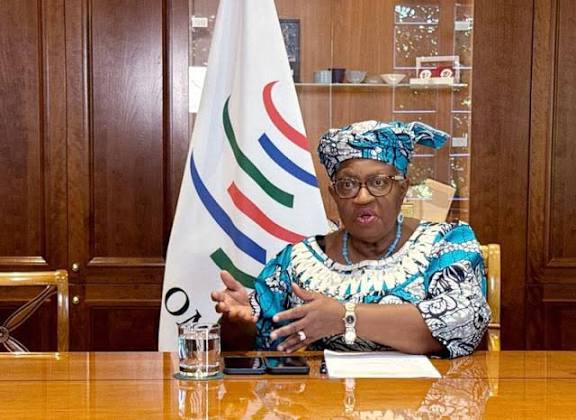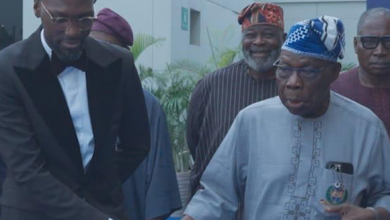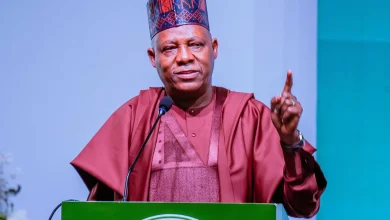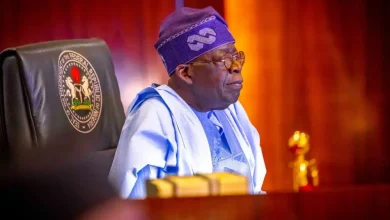WTO Chief Okonjo-Iweala urges U.S., China to ease trade tensions

The Director-General of the World Trade Organization (WTO), Ngozi Okonjo-Iweala, has appealed to the United States and China to de-escalate ongoing trade tensions, warning that a continued economic decoupling between the two global giants could deal a severe blow to the world economy.
In a recent interview with Reuters, Okonjo-Iweala expressed deep concern over the renewed spike in trade hostilities between the U.S. and China.
She revealed that the WTO has been actively engaging officials from both nations to encourage dialogue aimed at preventing further escalation.
“We are obviously worried at any escalation in the U.S.-China tensions,” she said.
The WTO chief recalled that earlier this year, the two countries managed to step back from an initial tariff escalation, which helped avert more damaging consequences. She expressed hope that a similar outcome could be achieved once again.
Highlighting the global ramifications of the tensions, Okonjo-Iweala emphasised that any decoupling between the world’s largest economies would not only affect bilateral relations but also reverberate across the global economic landscape.
“Such a division could result in significant global GDP losses of up to 7 percent over the long term,” she warned, adding that developing countries would suffer double-digit welfare losses as a consequence.
Recent developments have heightened concerns about the fragility of global trade.
The WTO, which had earlier projected a 1.8 per cent growth in global merchandise trade volume for 2026, recently revised this forecast sharply down to 0.5 percent.
This adjustment followed the delayed impact of tariffs imposed by the U.S. under former President Donald Trump.
However, the WTO still anticipated a stronger growth rate of 2.4 percent in global goods trade for 2025.
The fragile calm in U.S.-China trade relations was disrupted last week when China introduced new export controls on rare earth metals, critical for the technology sector.
The U.S. responded swiftly by announcing a 100 percent tariff on certain Chinese imports, effective next month.
During a recent meeting with officials from the Group of Twenty (G20) major economies, Okonjo-Iweala stressed the inseparable link between global trade and financial stability.
“There can be no global financial stability without global trade stability,” she stated, cautioning that pressures on the global trading system have not eased and may, in fact, intensify.
While the U.S. and China remained at the center of trade tensions, Okonjo-Iweala noted that most WTO members have avoided joining the tariff disputes.
She pointed out that despite various bilateral trade agreements forged by the U.S., roughly 72 per cent of global trade still operates under WTO rules.
This adherence reflected the resilience of the multilateral trade system, which she described as weathering its most severe shock in eight decades.
Nevertheless, Okonjo-Iweala acknowledged that the current challenges present an opportunity for long-overdue reforms within the WTO.
She called for making the organization more flexible and efficient, capable of addressing emerging areas such as digital trade, services, and environmentally sustainable commerce.
“There’s no doubt that global problems cannot be solved by any one country alone; global cooperation remains essential.
“Multilateralism will continue to be highly relevant, but to maintain its credibility, institutions like the WTO must reform — and we are ready to work on this, ” she said.
On a positive note, Okonjo-Iweala reported a constructive meeting with Deputy U.S. Trade Representative Joseph Barloon, recently appointed as the U.S. ambassador to the WTO.
She expressed gratitude for the U.S. decision to exclude the WTO from its list of planned budget cuts to international organizations and welcomed ongoing efforts to resolve outstanding U.S. arrears to the WTO.
As trade tensions continue to cast uncertainty over the global economy, the WTO’s call for dialogue and reform underscores the crucial role of international cooperation in fostering a stable and prosperous trading environment.



